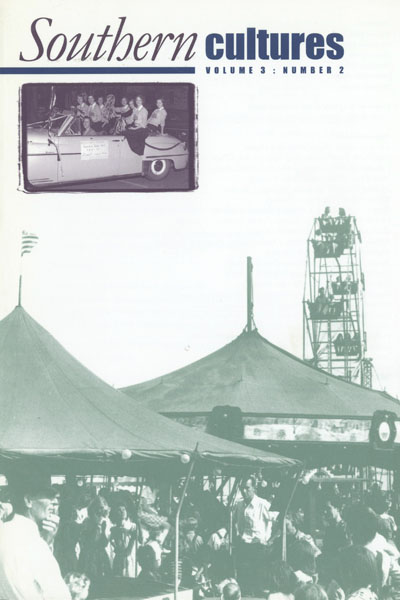“Two friendships lead to an understanding of black culture and broaden a southern progressive’s view of race.”
In the 1920s southern sociologists Howard Odum and Guy Johnson saw folklore and race-relations studies as ways to practice Christian good will toward their fellow human beings, but their “good wishes” did not preclude stereotyping the subjects of their research. A paragraph from the opening chapter of their first collection of African American folk songs, The Negro and His Songs, clearly illustrates the authors’ well-meaning but essentially racist approach to their material:
This volume may be said also to be an effort toward good will and good wishes. From this viewpoint the objective presentation has its advantages. If the musical nature and potential of the race can be emphasized again and again; if the good nature, the resourcefulness and adaptability of the Negro may be studied from varying viewpoints; if the Negro’s skill and art may be presented in this way; if his hypocrisy and two-faced survival mechanisms may be suggested along with his good manners, his diplomacy, his artistic expression and rare harmony, then added values may be found in this volume.


